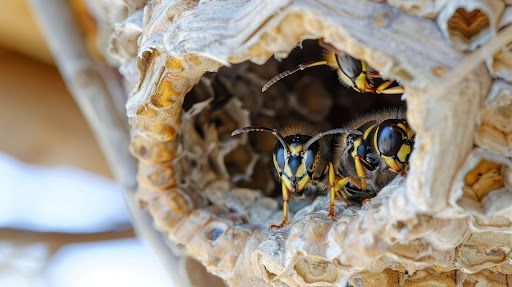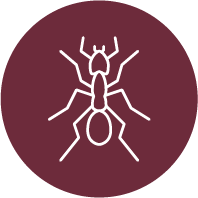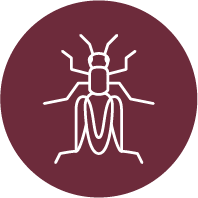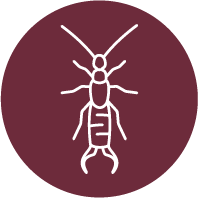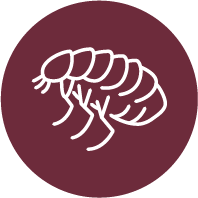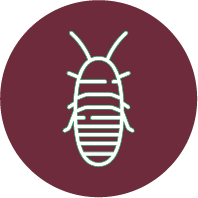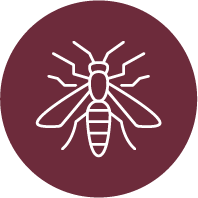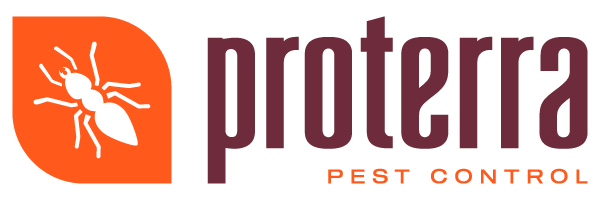The Dangers of Allowing Wasps to Establish Colonies in Your Home
Wasps can be a nuisance when they establish colonies in or around your home. Ignoring their presence can lead to various risks and potential dangers. We will explore the health risks associated with allowing wasps to establish colonies, the increased activity they exhibit, and effective prevention and removal strategies to safeguard your home and well-being.
Health Risks
One of the primary concerns when dealing with wasp colonies in your home is the health risks they pose. Wasps are known for their stinging behavior, and their stings can cause painful reactions and, in some cases, severe allergic responses. For individuals who are allergic to wasp venom, a single sting can lead to anaphylaxis, a life-threatening condition that requires immediate medical attention. Even for those without allergies, multiple stings or stings in sensitive areas can be painful and may result in localized swelling, redness, and discomfort. Children and pets are particularly vulnerable to wasp stings due to their smaller size and potential inability to avoid them. It is crucial to address wasp colonies to minimize the risk of stings and associated health complications.
Increased Wasp Activity
Allowing wasps to establish colonies in your home can lead to increased wasp activity. Wasps are territorial creatures and become more aggressive when they perceive threats to their nests. This heightened activity can make it challenging to enjoy outdoor spaces, such as your backyard or patio, as wasps may become agitated and pose a threat to your family and guests. Wasps can disrupt outdoor activities like barbecues, gardening, or children's playtime. Their presence can cause stress and anxiety, limiting the use of your outdoor spaces and impacting your overall quality of life.
Prevention and Removal
Prevention is key when it comes to dealing with wasp colonies in your home. Regularly inspecting and sealing potential entry points, such as cracks, gaps, and holes, can help prevent wasps from establishing nests inside your property. Removing any food or water sources that might attract wasps can deter them from your vicinity. If a wasp colony has already taken hold, it is essential to employ proper removal techniques. It is recommended to seek professional help from pest control experts experienced in dealing with wasp infestations. They have the knowledge, tools, and protective equipment to safely eliminate the colony and prevent future reoccurrences. Attempting to remove a wasp nest without proper training can be dangerous and increase the risk of stings.
Allowing wasps to establish colonies in your home can lead to significant dangers and risks. From the health hazards associated with their stings to the increased wasp activity that disrupts your outdoor spaces, addressing wasp infestations is crucial for the safety and well-being of your household. Prevention, such as sealing entry points and removing attractants, is essential to avoid infestations. In cases where colonies have already formed, seeking professional assistance is the safest and most effective way to handle the situation. By addressing wasp colonies promptly, you can protect your home, family, and guests from the dangers they pose, ensuring a safe and comfortable living environment.
Get Your Home and Loved Ones Protected From Wasps.
Here’s How

